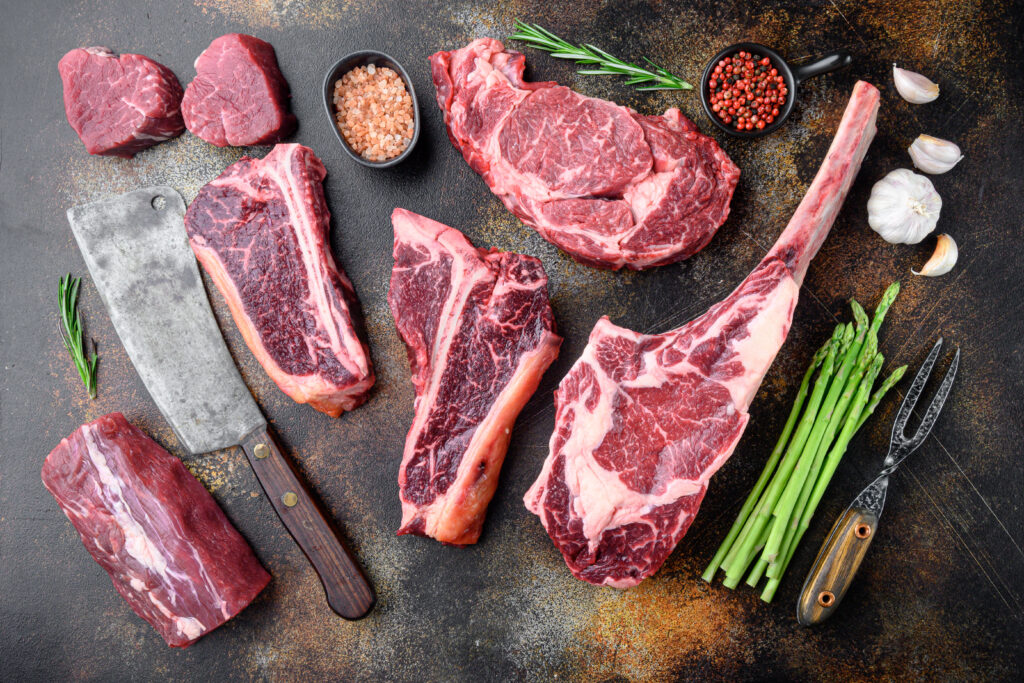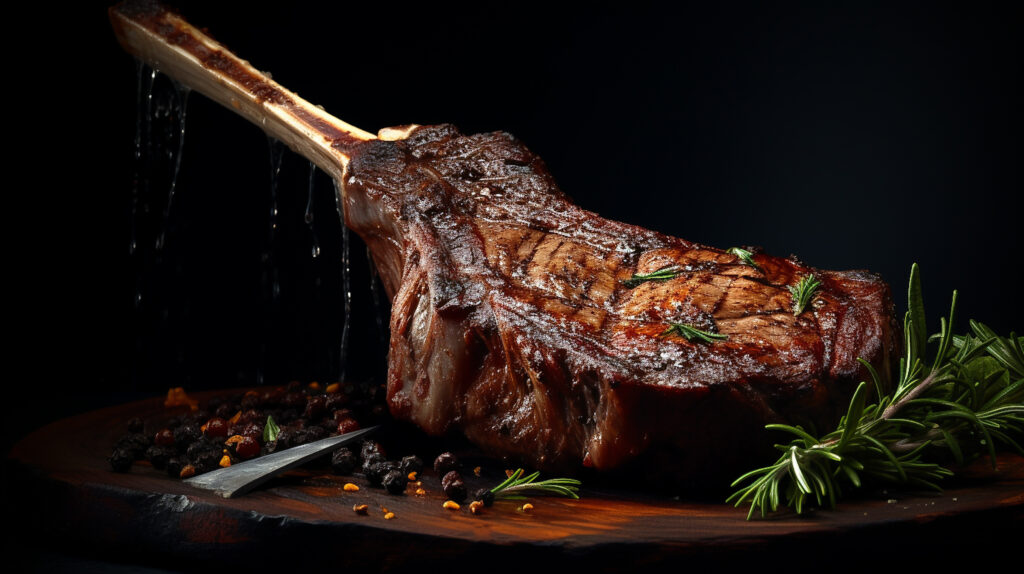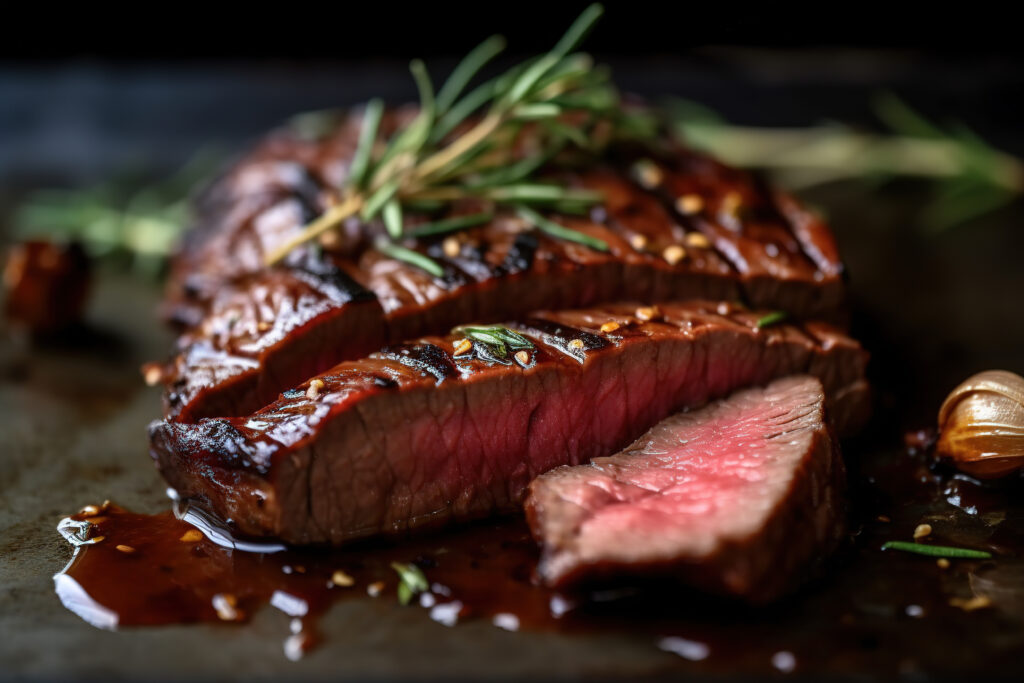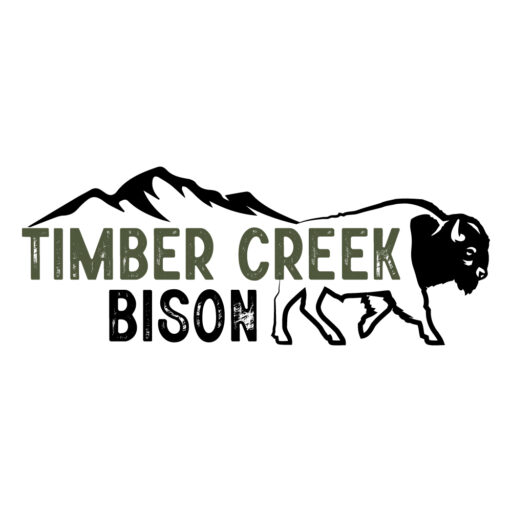FAQ
Quick answers to frequently asked questions
Bison vs. Beef
Find answers to what makes bison unique in comparison to beef.
1
What does bison meat taste like?
Bison steaks have a robust flavor that leaves beef in the dust. One bite and you will be able to tell a distinct difference in our mouth watering steaks that are packed with natural flavor since our bison are grass fed and finished. No box store steaks will come close to the natural flavor of our bison.

2
Are there any health benefits for eating bison?
Bison meat is a great source of lean protein which is high in iron, B vitamins, zinc and selenium. Bison is lower in total and saturated fat when compared to beef. It also has one of the best Omega-3 and Omega-6 ratios of any red meat. The meat is has a distinctive darker red color when compared to beef. This is due to the high heme iron content. The iron provided in bison can help prevent iron deficiencies since the heme iron is more readily absorbed by the human body.

3
What do the experts say about bison meat in my diet?
Bison meat has been recommended by dietitians and nutritionists since it is a protein which contains all the essential amino acids in the in just the right amount. This lean protein provides energy for muscles, the brain and heart.
Grass Finished Bison Costs
Let’s dive in and see what makes grass finished bison more expensive than grain finished beef.
4
What is the cost to produce bison vs. beef?
According to USDA Market News, Monthly Bison Report for July 2018, the average hanging hot weight (HHW) of the 24 to 30 month old bison bull was 651 lbs. This would bring an average of $489.69 per 100 pound weight (CWT). These numbers translate into a wholesale cost of $3,208.52 per bull. Since the amount of actual packaged saleable meat would be about 300-320 pounds, the average wholesale cost would be $10.02 per pound of bison meat, excluding the cost of processing, packaging, feed, fuel, property maintenance and marketing. Our costs account for all of the additional costs incurred in operating the ranch to provide premium bison to each of our customers.

5
What are the differences in weights vs. feedlot beef?
Feedlots use scientific analysis to bulk up beef cattle at an alarming rate. In order to achieve this desired output, they use fillers and growth hormones that can significantly reduce the quality, flavor and tenderness of the meat. Our bison come in at a lighter hanging weight in comparison since we refuse to trade natural flavor and nutrition for assembly line production based on quantity over quality. We provide grass and alfalfa that is grown on our property so that we know with certainty what our animals are eating.

Have additional questions?
We’re here to help. Let’s talk.